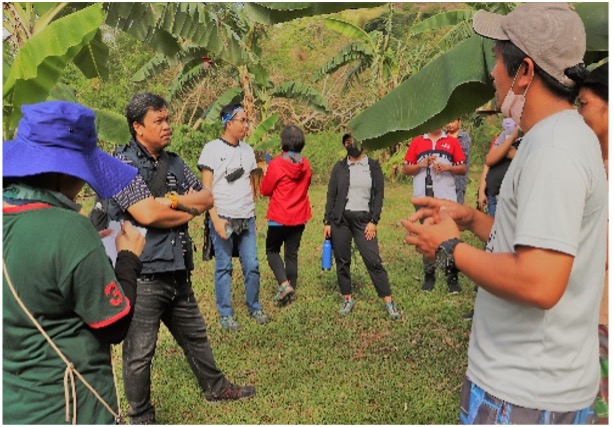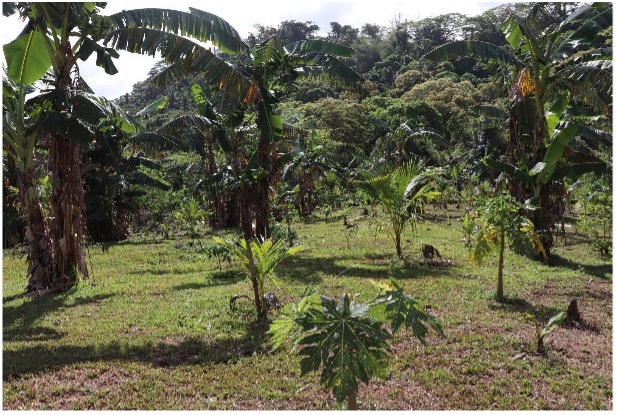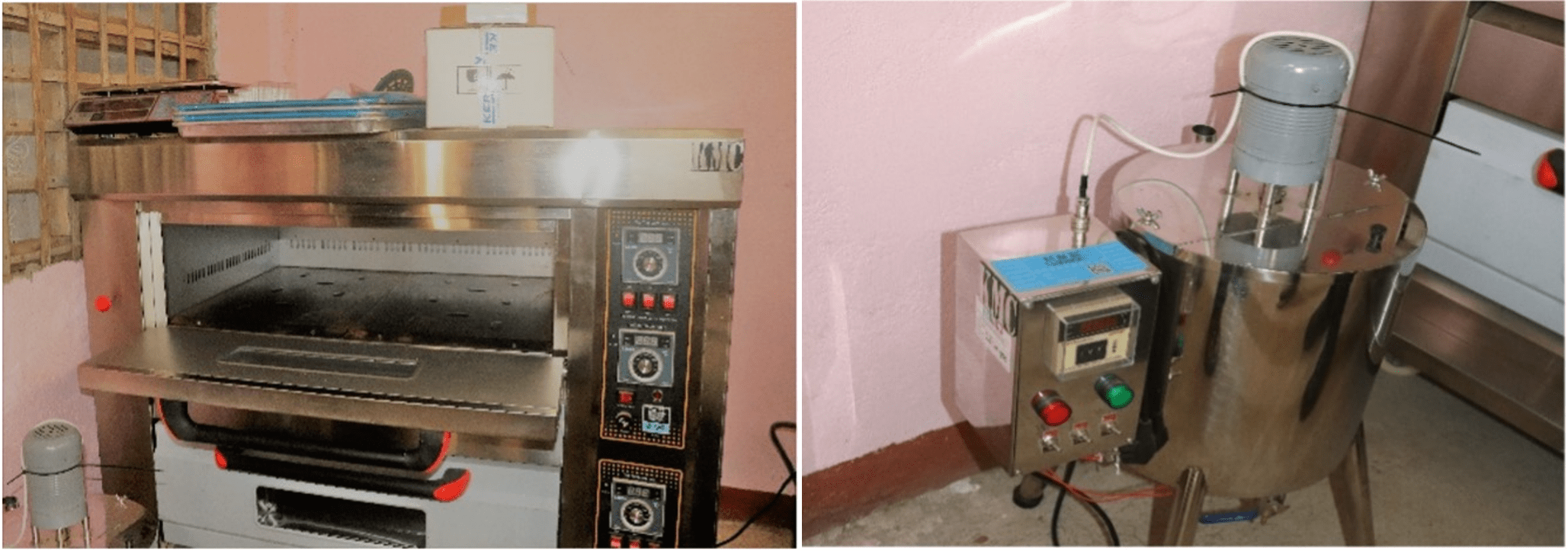
A program assisting the establishment of agroforestry model farms continue to support more farms in the country, such as the fruit tree-based agroforestry farm in Magallanes, Cavite.
The said farm belongs to the Ramirez Upland Farmers’ Association, Incorporated (RUFAI) located in Barangay Ramirez, Magallanes, Cavite. It is part of the Agroforestry Support Program for Enhancing Resiliency of Community-Based Forest Management Areas (ASPIRE-CBFM), funded and monitored by the Philippine Council for Agriculture, Aquatic, and Natural Resources Research and Development of the Department of Science and Technology (DOST-PCAARRD).
The RUFAI model farm showcases a fruit tree-based agroforestry system originally planted with coconut, banana, and guyabano. After biophysical assessment of the area, the program introduced quality and suitable planting materials of coconut, papaya, rambutan, and lanzones.

Hybrid coconut varieties were acquired from the Philippine Coconut Authority (PCA) Region IV-A, while the quality papaya, lanzones, and rambutan planting materials were from Bureau of Plant Industry (BPI)-accredited plant nurseries. Early this year, RUFAI members already harvested papaya fruits, while coconut, rambutan, and lanzones are still in their seedling stages. The planted crops aim to provide additional economic and environmental benefits to the upland farmers.
With the program's efforts to build resilient and sustainable CBFM communities in Cavite, capacity building activities were conducted and more of these activities as well as livelihood interventions are expected from the project.
CBFM communities were provided with equipment, supplies, and materials for coconut jam, macaroons, and coconut vinegar making.
ASPIRE-CBFM is a three-year program funded by DOST-PCAARRD. The program has three project components: (1) “Development of Agroforestry Support System for Sustainable CBFM Areas,” by the University of the Philippines Los Baños-Institute of Agroforestry (UPLB-IAF); (2) “Assessment of Ecological Services of Agroforestry in Selected CBFM Areas,” by the Department of Environment and Natural Resources – Ecosystems Research and Development Bureau (DENR-ERDB); and (3) “Community Empowerment thru S&T (CEST) Project for CBFM Sites,” by the Department of Science and Technology Region IV-A (DOST-CALABARZON).

The goal of the program is to build resilient and sustainable communities by establishing appropriate agroforestry systems and livelihood technologies that offer economic, ecological, and social impacts to the beneficiaries.
Notable accomplishments of the program are the established agroforestry model farms based on the local adaptive capacity and biophysical conditions of the CBFM sites.
